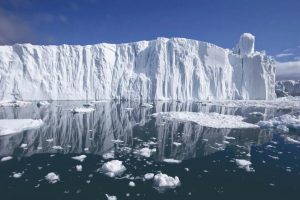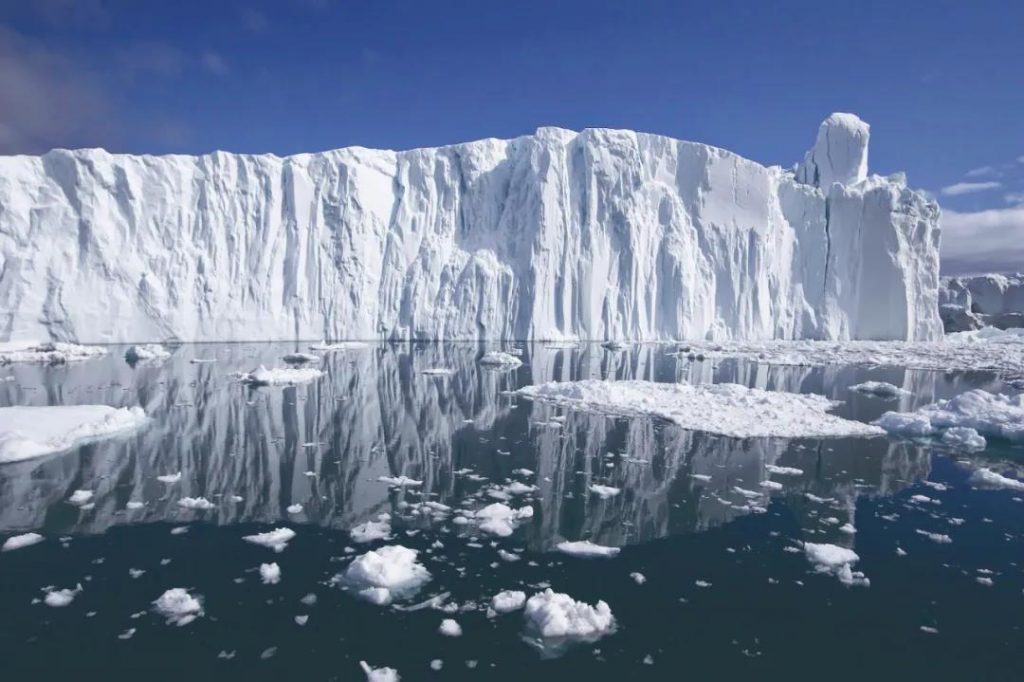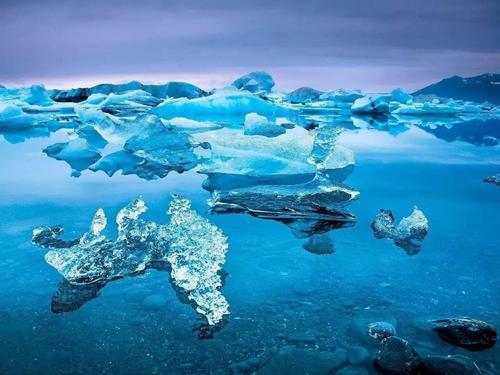
Ice is the solid form of water molecules. Why can it float on the water?

That’s a good question. In water, objects whose density is less than that of water will float on the water surface, while solids whose density is often greater than that of water should sink into the water. But why can ice float on the water surface and its molecules are the same as water?
This is because when water freezes, its volume will increase. According to the formula of density equal to mass divided by volume, under the condition of constant mass, the density of water that becomes ice will decrease, so the ice will float on the water surface.

So, why does the volume of ice increase? This is because as the water cools, it begins to form a lattice structure, and the molecules will pile up closely with each other to form a neat and orderly repeating pattern. However, the same charge molecules will repel each other, the lattice will be slightly larger, and the volume of ice will expand slightly.
Comments